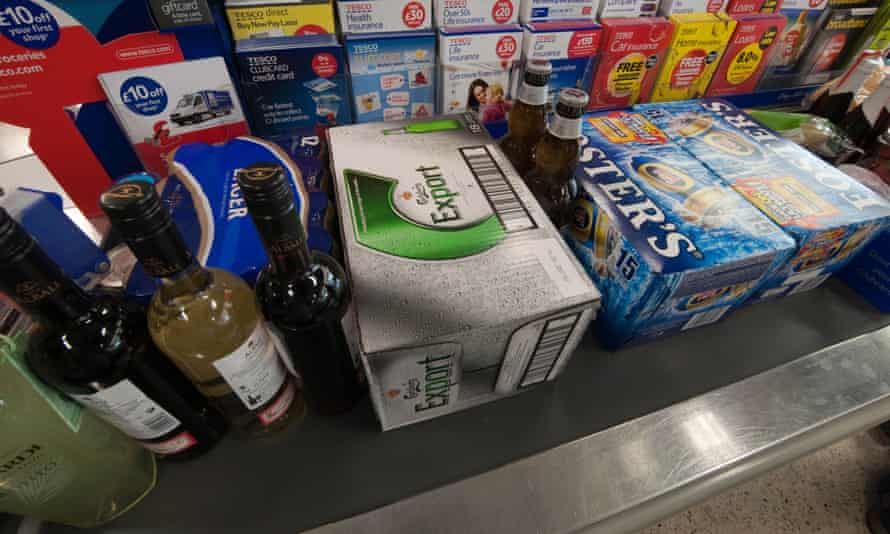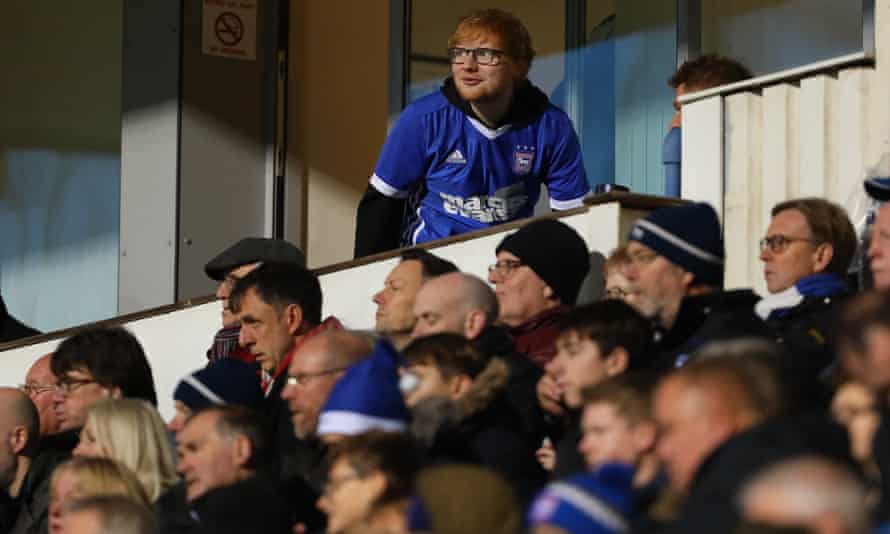The arts are being screwed over. Again. If we keep allowing this to happen, there will be an atrophying of the national soul the like of which the UK has never seen. The added insult is that this latest round of cultural vandalism is being wreaked under the guise of a bogus battle between the arts on one side and science, medicine and technology on the other.
A consultation by the education secretary, Gavin Williamson, and the Office for Students (which distributes funding) proposes almost halving a stream of higher education funding (£36m to £19m), meaning universities will lose millions for subjects such as music, drama, dance and art and design, as well as media studies and archaeology.
The Department for Education says the cuts relate to additional funding and will only affect some subjects. It says that arts subjects aren’t “strategic priorities” and that reforms will benefit “scientific/medical subjects”, targeting “taxpayers’ money towards the subjects which support the skills this country needs to build back better… those that support the NHS, high-cost STEM subjects”. In other words, the government is trying to turn this into a cultural cage fight, of (valid, crucial) scientists, computer students, nurses and the like versus (self-indulgent, feckless, elitist) drama students, artists and archaeologists. Not only that, a cage fight without end; Williamson said that he would “potentially seek further reductions” to funding such courses in future years.
Understandably, there’s uproar from the artistic community, with Pulp’s Jarvis Cocker saying that the proposed cuts made art education seem “expendable” and unimportant, when it isn’t. Certainly, it’s confusing to see one of this nation’s greatest assets – its powerful international cultural appeal (music alone generates billions) – chopped off at the ankles. Right now (after Brexit and the pandemic), the arts scene cannot sustain such major blows, especially when they mostly affect disadvantaged students. For years, there’s been a systemic erosion of working-class participation in the arts and this represents another big chunk off a crumbling cliff. Then there are the consumers. These kinds of cuts might first affect those involved in the arts, but ultimately they make everyone’s lives culturally poorer.
The government knows this and that’s why it’s emotively and cynically dragging the NHS into it. That’s why separate vocations/skill sets such as acting and medicine are being pitted against each other as an either/or deal. Perhaps there are scientists who feel engaged in a funding grudge match against dancers, just as there may be sculptors who feel in competition with nurses, but I doubt it.
It seems clear that arts subjects are being placed in false competition with these other valuable areas in order to reframe an outrage as practicality and necessity. In truth, the arts have always stood alone and should always stand alone. When it comes to the arts versus medicine, science or computing, it’s not a question of what do you choose or even how do you choose. Rather, it’s: why are we being asked to do so?
Why ‘boozy lockdown Britain’ is no laughing matter

Drinking to tackle the tedium and isolation of lockdown wasn’t a joke for some. The Office for National Statistics reports that deaths directly related to alcohol rose to a 20-year high in England and Wales during the pandemic, up 20% in 2020 from 2019. The death rate started to rise during the first lockdown and increased each quarter. Of 7,423 deaths in 2020, people succumbed to liver disease and mental and behavioural disorders caused by alcohol or accidental alcohol poisoning.
Then there’s the socio-economic element: men were more likely to die generally, but especially disadvantaged men, who were four times more likely to die than those from affluent areas. Likewise, disadvantaged women were three times more likely to die than those from wealthy areas. The deaths are thought mainly to be of higher-risk drinkers already consuming large amounts of alcohol. Some people returned to drinking in lockdown after managing to give up.
You don’t have to be a card-carrying party-pooper to find this grim reading. Of course pubs and bars were mainly closed, but alcohol could still be bought cheaply and in bulk at supermarkets and online. While some people gave up alcohol during the pandemic, the stress could have made others drink far more and far more frequently.
Do charities and help groups have a point when they despair about the easy availability of cheap, high-strength alcohol? Should greater efforts have been made to warn people to monitor their intake, instead of treating “boozy lockdown Britain” as a bit of a joke? Experts call the ONS figures a “wake-up call” for the government, and appeal for addiction services to be given the resources to tackle what is a growing problem. Perhaps it will only be once the pandemic stabilises, and we all stumble into the light, that we’ll truly be able to see what state we’re in.
Sorry, Ipswich Town, but the rest of us are at peak Sheeran

What has football done to deserve Ed Sheeran? Not content with dominating music with his “signature” (bland-core?) sound, Sheeran has moved into sport, signing a deal to sponsor the shirts of the men’s and women’s teams of Ipswich Town, the League One club he has always supported.
Positives. The shirts will not be emblazoned with his name but with symbols from his album titles and the word “TOUR”. There’s not enough space on the shirts for Sheeran to humblebrag about his friendships with the likes of Taylor Swift. Ipswich Town are presumably delighted and grateful to have the deal. Nor is Sheeran the first musician to become involved with his favourite football club – from Elton John and Watford FC to the Libertines and Margate FC, the pop-football bond is real.
Still, back off, Sheeran. You’re already everywhere in popular culture. After Earth is obliterated by nuclear Armageddon, footage will be found of Sheeran with James Corden performing Carpool Karaoke and scientists of the future will decide that, on this evidence, humanity had it coming to them.
Sheeran also bought up half the village, including a pub, in his home place, Framlingham, Suffolk. Now he’s on the local football strips. Where will it end? All the best to Ipswich Town, but the “Ed-creep” is strong here.